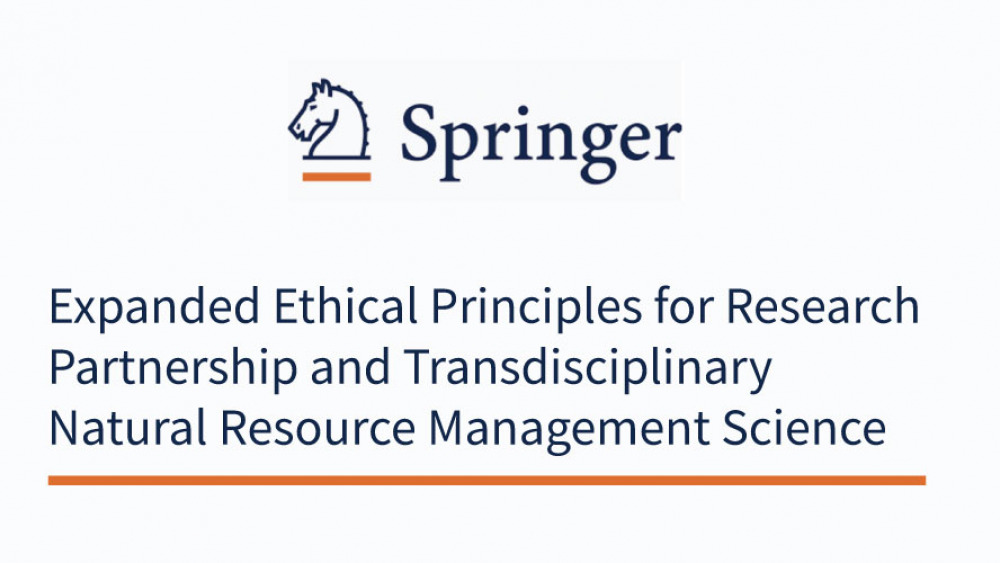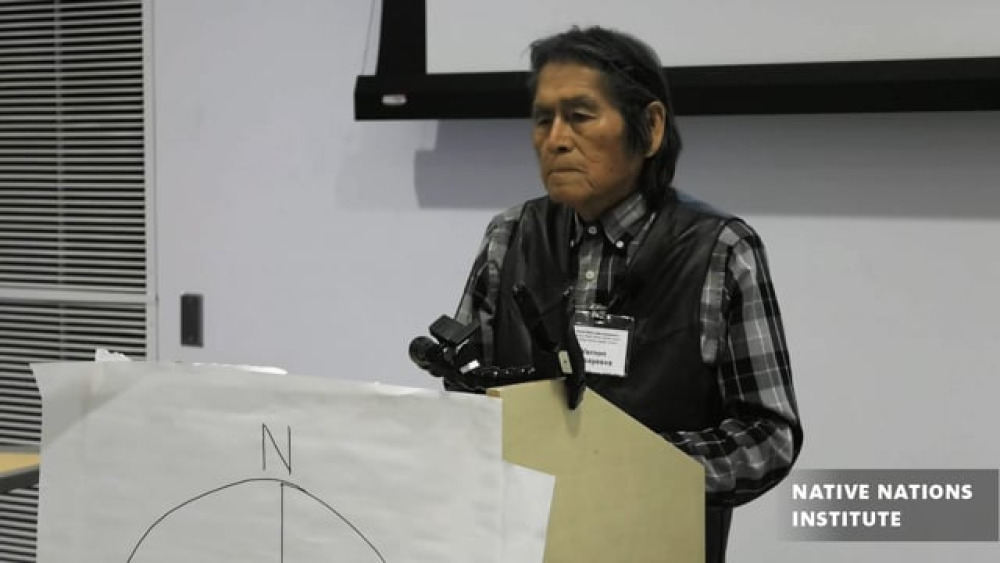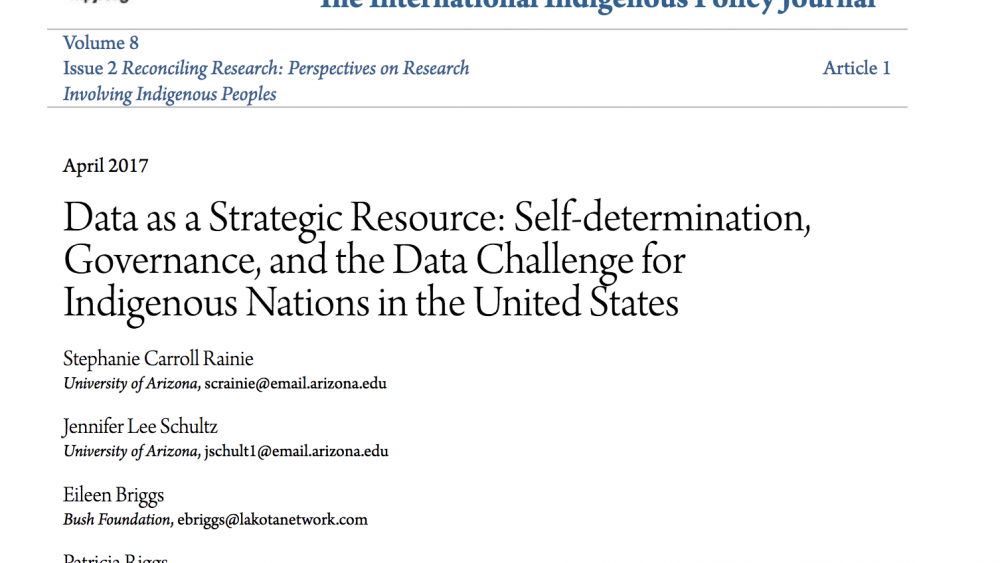Transdisciplinary research, or research conducted by people from different disciplines and organizations working together to solve a common problem, holds promise for communities and scientists seeking to address complex socio-ecological problems like climate change. However, this collaborative research approach requires thoughtful consideration of ethical concepts to better account for working with individuals, communities and organizations as partners in, rather than subjects of, transdisciplinary research. This webinar will explore principles for improving ethical practice in transdisciplinary research in socio-ecological settings, such as appropriate representation, deference, self-determination and reciprocity. We will discuss opportunities to deepen ethical skills for researchers in all career stages to improve our transdisciplinary research in response to new challenges, contexts and societal needs.
Additional Information
Wilmer, H., Meadow, A. M., Ferguson, D. B. (2020) Improving Ethical Practice in Transdisciplinary Research Projects Webinar. Northwest Adaptation Science Center. Webinar. https://vimeo.com/user83638479



